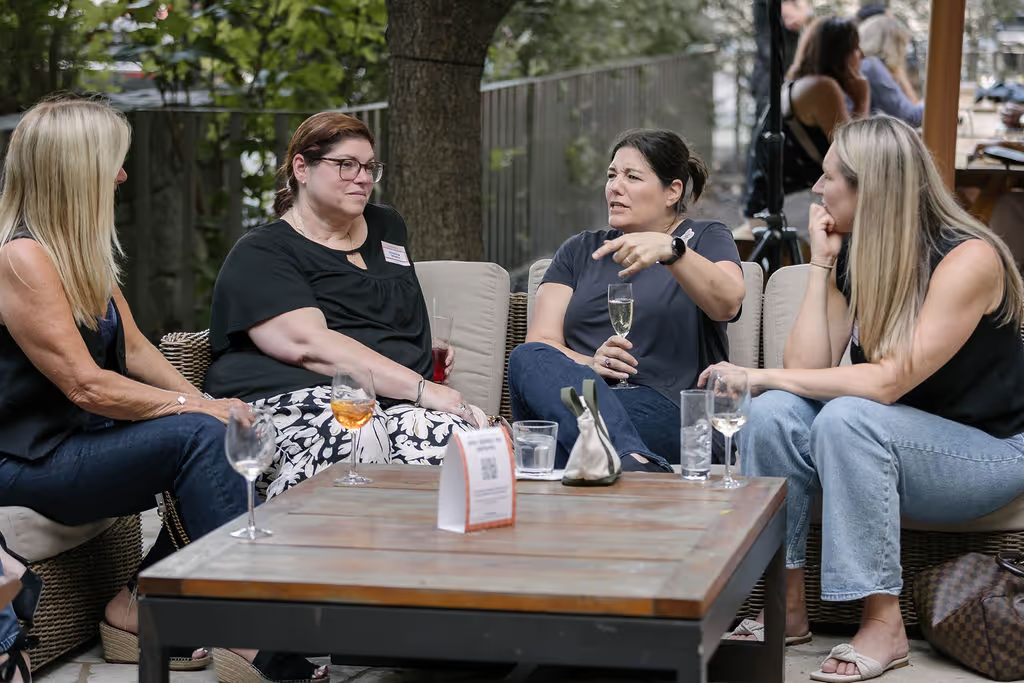It’s a question that most managers ask themselves: How to determine when to hire a freelance consultant or a full time employee?But the answer is pretty straight forward. A full time employees and a freelance consultant each add value in very distinct different scenarios.Hiring a full time employee makes sense, whenever the role is:
- On-going
- The role can entail managing several different tasks
- The competencies required are fairly broad (a generalist)
For example, you would need a CEO to be a full time employee: That person would likely be employed to lead the company on the long-term and take part in monitoring the company’s economic performance, performing stakeholder management, and speaking at events.A freelance consultant holds the advantage over full time employees whenever the task to be solved is:
- Time-specific
- The role is very finely scoped
- Demands specialised competencies
For example, you wouldn’t need an app developer to be a full time employee. The same goes for a deep learning specialist, a GDPR consultant, or an SEO specialist. That person is more likely to be hired for a specific time period, to solve a specific task for which they have specialised capabilities. Then, when the job is done, they are gone. For now at least. In this kind of scenario, it makes more sense to hire a freelance consultant.The last question you might want to ask yourself when considering how to determine when to hire a freelancer or a full time employee is: Am I even able to find someone who wants to work for you full time?
Talent shortage can be solved by hiring freelance consultants
Most companies severely struggle to find the competencies they need to keep their businesses running. In the UK, large companies with 250+ employees have the most difficulty finding the competencies they need – with 50% of employers experience a general skills shortages, according to the 2018 Talent Shortage Survey.If you’re one of these companies, you might have to consider hiring people from the flexible labour market. Amidst these changing and uncertain times, freelance consultants will come to play an even more pivotal role in the British economy than they already do. Since 2009, the freelance economy in the UK has grown by 25 per cent and generates an estimated £109 billion a year, according to IPSE.There are around 2 million freelance workers in the UK who fulfill a variety of roles in various industries. They represent an amazing pool of talent that can help companies suffering from the skills shortage.Adding to the recruitment challenge is the fact that fewer workers than ever before want to be ‘retained’ by their employers. Therefore, companies need to futureproof themselves by thinking of talent acquisition in terms of access, not ownership. When you ask yourself how to determine when to hire a freelance consultant or a full time employee, you might have to consider if hiring a full time employee is even an option. Read this blogpost Focus on employee experience to attract the best freelancers to see how you can get access to the brightest minds. According to the 2017 Workforce Productivity Report, freelancers can bring additional benefits to the table: Business leaders report that they experience greater efficiencies, are able to deliver specialised skills, and can seize new opportunities faster, by remaining flexible and nimble to changing market trends and conditions. Check out our blogpost on how you as a company can adapt to the future of work.But what about the costs of hiring a freelancer?
What does a freelance consultant vs. a full time employee cost?
Freelance consultanrs are typically more expensive up front, because they have a higher hourly rate.But when you consider all of the hidden costs that come with hiring full time employees, such as recruitment and training, insurance and other benefits, office space and equipment, pay during sickness, etc. the cost issue might not just ‘level out’ but actually swing in favour of a freelance consultant.The Undercover Recruiter has made a really nice breakdown of all of the hidden costs associated with hiring a new employee.Once all of these different factors are considered, freelancers are way more cost efficient than regular employee.There’s no denying that freelancers – like their full time counterparts – might also require an element of on-boarding, but it’s important to remember that they’re much faster at hitting the ground running, and require little management and oversight.We hope this blogpost gave you some clarity on how to determine when to hire a freelance consultant or a full time employee. If not, remember you can always reach out to Worksome here.
ABOUT WORKSOME
Worksome is London’s marketplace for highly skilled freelancers and independent consultants. As a Scandinavian startup created by x-Googlers, we make hiring hassle-free and agile. There’s no skills shortage in the freelance economy. Find your next freelancer on Worksome - The freelance marketplace for high growth companies.



































